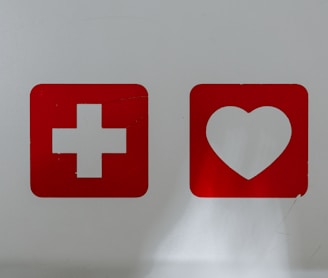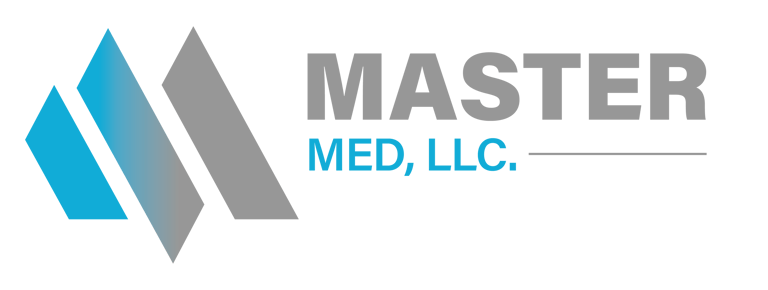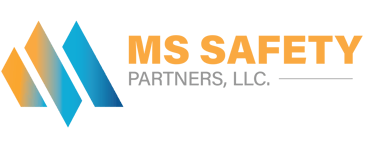Drug Testing in Chicago
This blog post overviews drug and alcohol testing in Chicago.
DRUG TEST


Drug testing is an increasingly common practice in the Chicagoland area, with employers and organizations seeking to ensure the safety of their workplaces and communities. Whether for pre-employment screening or ongoing monitoring of drug use, drug testing has become a crucial tool for many organizations to maintain a drug-free environment.
There are several types of drug testing available in the Chicagoland area, including urine testing, hair testing, saliva testing, and blood testing. Urine testing is the most commonly used method and is able to detect a wide range of drugs, including marijuana, cocaine, opioids, and amphetamines. Hair testing is less commonly used but can provide a longer detection window, as drugs can remain in hair for months after use. Saliva testing and blood testing are also options, but are typically used for more specific situations, such as post-accident testing.
Many organizations in the Chicagoland area, including those in the healthcare, transportation, and manufacturing industries, require drug testing as a condition of employment. For example, the Federal Transit Administration requires drug testing for all safety-sensitive employees, including those in positions such as bus drivers and train operators. Additionally, some schools and universities in the area may require drug testing for student athletes or those participating in extracurricular activities.
Drug testing is not just limited to employment and educational settings. It is also used by law enforcement agencies in the Chicagoland area as part of criminal investigations and probation monitoring. In some cases, individuals may also choose to undergo drug testing on their own as part of a personal wellness plan or to fulfill requirements of drug treatment programs.
It's important to note that drug testing is subject to regulations and guidelines to ensure fairness and accuracy. For example, the Substance Abuse and Mental Health Services Administration (SAMHSA) sets guidelines for drug testing procedures and establishes minimum cutoff levels for detection. Additionally, employers must comply with federal and state laws regarding drug testing, including requirements for providing notice and obtaining consent.
In conclusion, drug testing is a vital tool for maintaining safety and promoting drug-free environments in the Chicagoland area. Whether for employment, education, or personal reasons, there are a variety of drug testing options available to individuals and organizations. It's important to understand the regulations and guidelines governing drug testing to ensure fairness and accuracy in the process.






